Top Crypto Exchanges Without KYC in 2023
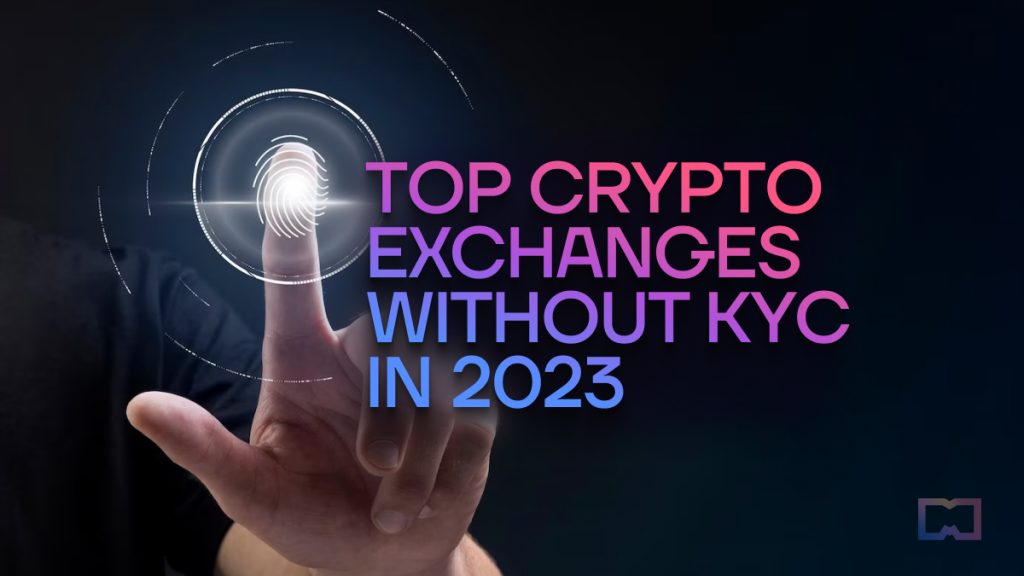
The rise of non-KYC crypto exchanges can be attributed to their appeal among those who value their personal privacy. Unlike KYC-compliant platforms that require sensitive details such as names, addresses, and identification documents, non-KYC exchanges prioritize anonymity. This is particularly advantageous for individuals in regions with stringent KYC regulations or for those who cherish their online privacy.
Why people use non-KYC exchanges
Privacy is a major driving force behind the use of non-KYC crypto exchanges. Users are obligated to submit personal information on KYC exchanges, which are stored on their servers. This creates a potential risk for data breaches. On the other hand, non-KYC platforms don't ask for such information, giving users an extra layer of protection regarding their anonymity.
Exploring the Pros and Cons of Non-KYC Exchanges
However, while non-KYC exchanges have notable advantages, they are not without their challenges. The lack of identity verification makes them attractive targets for fraudsters and hackers, which can lead to the loss of users' funds or involvement in scams. Therefore, when selecting a non-KYC exchange, users must evaluate the platform's reputation, its security protocols, and insights from other users.
In this comprehensive guide, we will present some of the top non-KYC crypto exchanges available today, while highlighting the crucial features users should keep in mind. Whether you're an experienced trader or a newcomer to the crypto scene, our advice aims to guide you in making a savvy choice for a non-KYC exchange.
Non-KYC exchange spreadsheet
| Exchange | Founded in | Listed cryptocurrencies | Trading pairs | Supported FIAT currencies | Supported countries | Trading fees | Withdrawal fees |
| Uniswap | 2018 | 925 | 1683 | n/a | Worldwide | 0.3% | n/a |
| Sushiswap | 2020 | 421 | 621 | n/a | Countries where crypto trading is permissible include Australia, Thailand, Canada, the United States, the United Kingdom, South Africa, Singapore, Hong Kong, India, France, Germany, Norway, Sweden, Italy, Denmark, the United Arab Emirates, Saudi Arabia, Kuwait, Luxembourg, and Qatar. | 0.3% | n/a |
| dYdX | 2017 | 36 | 38 | n/a | Globally permissible, with exclusions for nations such as Myanmar, Ivory Coast, Cuba, the Democratic Republic of the Congo, Iran, Iraq, Libya, Mali, Nicaragua, North Korea, Somalia, Sudan, Syria, Yemen, and Zimbabwe. | Takers: 0.05% Makers: 0.02%. | n/a |
| ProBit Global | 2018 | 800+ | 590 | n/a | Globally permissible, barring countries like Albania, Algeria, Barbados, Bangladesh, Botswana, Bolivia, Cambodia, Cuba, Ghana, Ecuador, Iraq, Jamaica, Morocco, Mauritius, Myanmar, North Korea, Nepal, Pakistan, Panama, Singapore, Syria, Sri Lanka, the US, Uganda, Yemen, Venezuela, and Zimbabwe. | 0.2% | Varies by the particular cryptocurrency being withdrawn. |
| Hodl Hodl | 2018 | BTC | n/a | 26 | Available worldwide except in North Korea, Iraq, Syria, and Sudan. | 0.6% | n/a |
| Coinex | 2017 | 662 | 971 | 60+ | Globally accessible, except in countries where trading cryptocurrencies is restricted. | 0.1% | Varies by the particular cryptocurrency being withdrawn. |
Non-KYC Exchanges
Uniswap

Uniswap This protocol avoids KYC requirements and functions on the Ethereum blockchain, enabling users to trade various ERC-20 tokens using smart contracts without relying on centralized exchanges.
It employs automated market making to ensure liquidity, allowing token swaps without needing a trading counterpart. While the automated market-making system carries an impermanent loss risk, Uniswap is well-known for its superior liquidity and lower fees compared to traditional exchanges, all while preserving users' privacy without KYC hassle.
Pros:
- No need for KYC, which helps users maintain their anonymity.
- Lower fees than those commonly found on centralized exchanges.
- High liquidity attributed to automated market-making algorithms.
Cons:
- Potential for impermanent loss due to the nature of automated trading.
- A narrower range of tokens available for trading.
- Access to the platform requires an Ethereum wallet.
Sushiswap
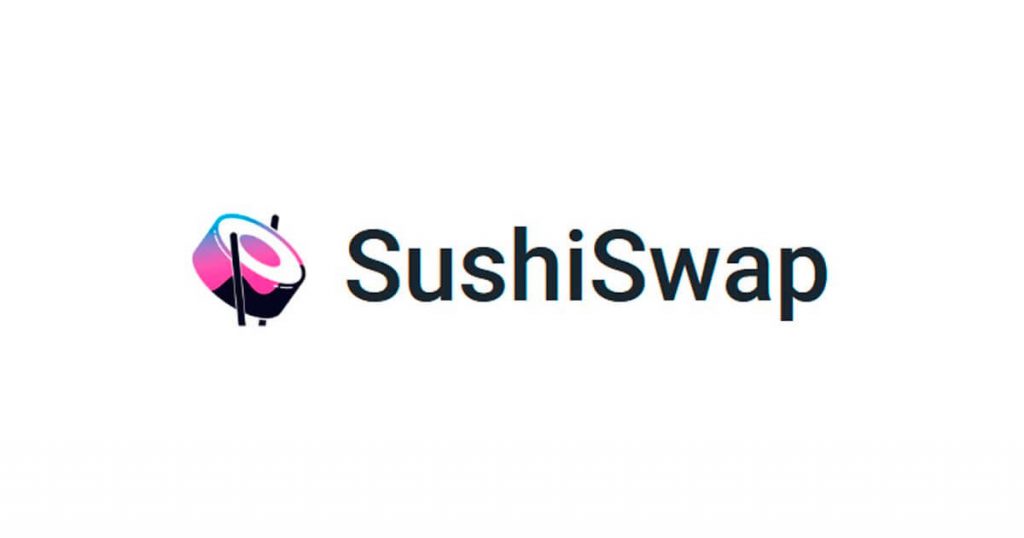
Founded by anonymous developers known as Chef Nomi and 0xMaki, Sushiswap This decentralized exchange began as a derivative of Uniswap. Like Uniswap, it functions on the Ethereum blockchain and enables users to trade various ERC-20 tokens via smart contracts.
Sushiswap boasts a more extensive token range compared to Uniswap and maintains high liquidity through its automated trading mechanisms. Although it also carries risks of impermanent loss, being a newer player, Sushiswap may experience higher volatility.
Pros:
- No KYC requirements, offering users a level of privacy.
- Wider variety of tokens available compared to Uniswap.
- High liquidity attributed to automated market-making algorithms.
Cons:
- Shares similar impermanent loss risks with Uniswap.
- May be more volatile than Uniswap.
- Access to the platform requires an Ethereum wallet.
dYdX
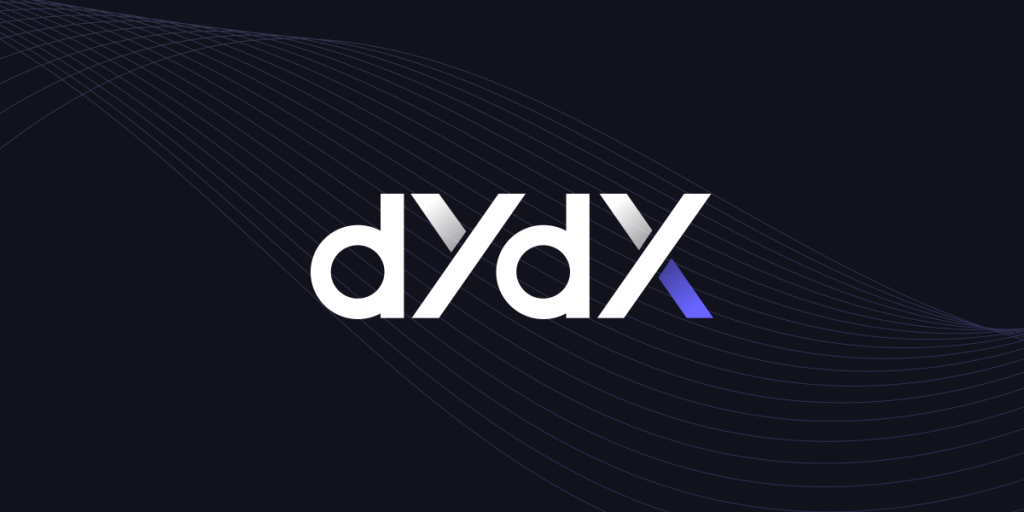
dYdX This decentralized exchange allows users to trade an assortment of ERC-20 tokens and ETH utilizing smart contracts. As a non-KYC platform, it ensures users retain their privacy without the need for personal identification.
The exchange boasts high liquidity due to margin trading features, although it offers a limited selection of tokens. Marginal trading does pose liquidation risks, and an Ethereum wallet is a necessity for access to the platform. Furthermore, dYdX has a constrained number of trading pairs.
Pros:
- No KYC requirements, offering users a level of privacy.
- High liquidity is supported due to margin trading options.
Cons:
- Liquidation risks are associated with margin trading usage.
- Users need an Ethereum wallet to engage with the platform.
- Offers only a limited variety of tokens and trading pairs.
ProBit

Probit Global Established in 2018, this centralized exchange provides optional KYC verification. With over 800 cryptocurrencies available for trading, it upholds high security standards featuring two-factor authentication and offline storage for assets. However, its centralized nature may restrict users' control over their funds, and the trading fees are generally higher when compared with other platforms.
Pros:
- No KYC requirements, offering users a level of privacy.
- Features two-factor authentication and cold storage systems to safeguard assets.
Cons :
- The centralization of the exchange can expose it to potential hacks or theft.
- Trading fees tend to be higher than those found on other platforms.
- Limited trading pairs available.
Hodl Hodl
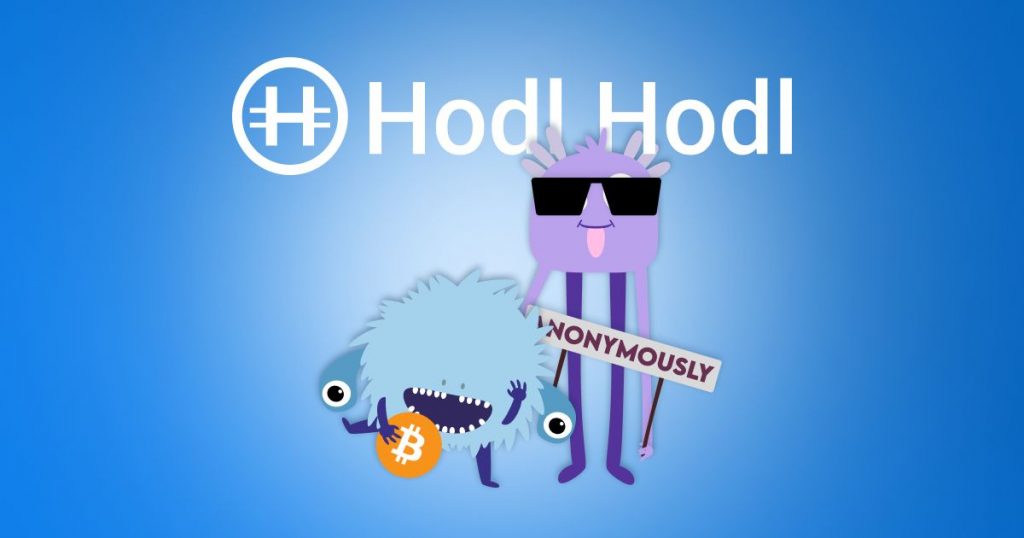
Hodl Hodl This peer-to-peer (P2P) cryptocurrency exchange operates without requiring KYC verification, allowing users to trade Bitcoin with anonymity. Acting as an escrow service, it holds funds until both parties are satisfied before completing a transaction, charging a flat fee of 0.6%.
The platform is designed for simplicity and user-friendliness, but compared to centralized exchanges, Hodl Hodl may exhibit lower liquidity. Nevertheless, it remains a favored option for individuals who appreciate privacy and decentralization.
Pros:
- High levels of privacy and anonymity due to the absence of KYC verification.
- The escrow service minimizes fraud risk across trades.
- It imposes a lower fee (0.6%) than many other P2P exchanges.
Cons:
- Lower liquidity could affect how quickly and efficiently trades are executed.
- Only supports BTC trading.
- As a P2P platform, users may need a degree of technical knowledge to navigate the service effectively.
CoinEx
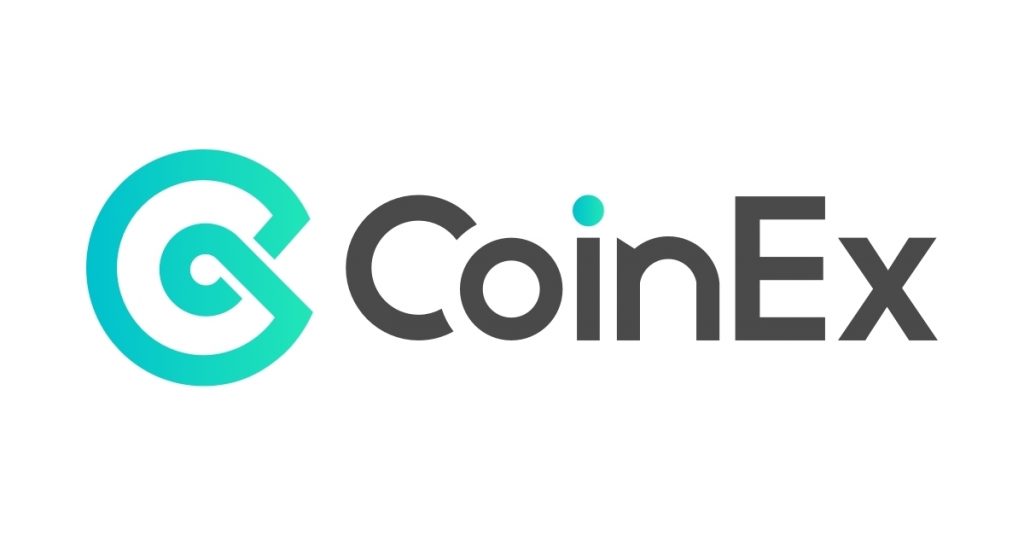
CoinEx This Hong Kong-based centralized exchange operates on a non-KYC basis, offering a diverse array of cryptocurrencies such as Bitcoin, Ethereum, and Ripple, while charging a flat trading fee of 0.1%.
It features an intuitive interface, includes two-factor authentication and cold storage for securing funds, and has a mobile application for trading convenience. Coinex appeals to those who value speed and user-friendliness in centralized trading without compromising their privacy through KYC verification.
Pros:
- Provides access to a broad spectrum of cryptocurrencies for trading.
- Charges a lower trading fee of 0.1%.
- Offers a user-friendly interface, with a mobile app for on-the-go trading.
Cons:
- As a centralized platform, users must rely on Coinex to securely manage their funds.
| Read more: Top 10 Crypto Exchanges in Japan in 2023 |
FAQ
The legal standing of such exchanges can differ based on country or region. Users should familiarize themselves with their local regulations concerning cryptocurrency trading before engaging with non-KYC platforms.
Non-KYC crypto exchanges present enhanced privacy and anonymity, as there’s no requirement for personal identification submission. This characteristic appeals to those prioritizing privacy and decentralization.
It’s important to acknowledge that non-KYC platforms may have comparatively lower security measures than regulated counterparts, increasing vulnerability to hacks or theft. Additionally, users may experience a heightened risk of scams and fraudulent activities due to the absence of KYC checks.
When selecting a non-KYC exchange, thorough research into the platform’s reputation, security features, and user feedback is crucial. Opting for a trustworthy exchange can significantly reduce the risk of fraud. Users should also be aware that non-KYC exchanges might face issues with liquidity and slower transaction processing than their regulated counterparts.
Conclusion
As regulatory scrutiny intensifies over cryptocurrencies, the landscape of non-KYC exchanges continues to shrink. Yet, amidst the challenges, the discourse on the merits and downsides of KYC remains vibrant. While crypto enthusiasts advocate for privacy and anonymity as fundamental rights in the crypto space, authorities argue that KYC mechanisms are vital for preventing illicit activities.
Ultimately, the choice between utilizing a non-KYC or KYC exchange hinges on personal preferences and risk tolerance. Deep understanding and analysis of the policies, as well as the inherent risks associated with any chosen exchange, are fundamental. While the trajectory of non-KYC platforms remains uncertain, the foundational principles of decentralization they represent will undeniably continue to influence the evolution and advancement of the cryptocurrency ecosystem.
Read more:
Disclaimer
In line with the Trust Project guidelines It's essential to understand that the content on this webpage should not be seen as legal advice, financial guidance, or any form of investment recommendation. Be cautious and only invest money that you can afford to lose. If you have any uncertainties, it's wise to reach out for independent financial counsel. To gain deeper insights, check the terms and conditions alongside the help sections offered by the relevant issuer or advertiser. MetaversePost aims to deliver precise and impartial news, but keep in mind that market dynamics can shift unexpectedly.







